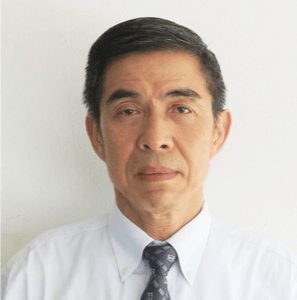Making decisions about new vaccine introduction based on complex evidence: the case study of Dengvaxia
Led by Prof. Mark JitSession Synopsis
Vaccines are one of the most cost‐effective public health interventions available, and they have been shown to contribute to the key aims of universal health coverage (UHC), including improving both health and household financial protection. However, more recently licensed vaccines often come with high prices and complex health and financial effects at both individual and population levels. Economic evaluations of vaccines to inform health technology assessments need to take into account these effects in order to adequately capture the value of these vaccines.
This session discusses key issues in evaluating vaccines, using the case study of Dengvaxia, a vaccine against dengue that was licensed in several countries in 2015. The story of Dengvaxia is told from the perspective of both the experts involved in the World Health Organization’s evaluation of the vaccine, as well as the first country to introduce it (the Philippines). As evidence about its effects unfolded, the reasons for key policy decisions both at global and at country level are explained. Lessons for future vaccine evaluations are then drawn.

Session format
Panel session with presentations followed by plenary discussion
Session learning objectives
-
To understand key principles for evaluating the safety, efficacy and cost‐effectiveness of vaccines in health technology assessments
-
To discuss issues around interpreting policies surrounding vaccines with complex effects
-
To appreciate the issues and debates surrounding recommendations about Dengvaxia as well as pipeline dengue vaccines
Session outlines
Introduction to vaccine decision making and evidence about dengue vaccines (10 min presentation and 5 min questions for clarification)
The Dengvaxia introduction story in the Philippines (20 min presentation and 5 min questions for clarification)
Political economy of Vaccines in general and in Thailand (15 min presentation and 5 min questions for clarification)
Panel Q&A (30 mins)
Session Lead and Panellists
Prof. Mark Jit
Lead
Dr. Antonio Dans
Panellist
Dr. Suwit Wibulpolprasert
Panellist


